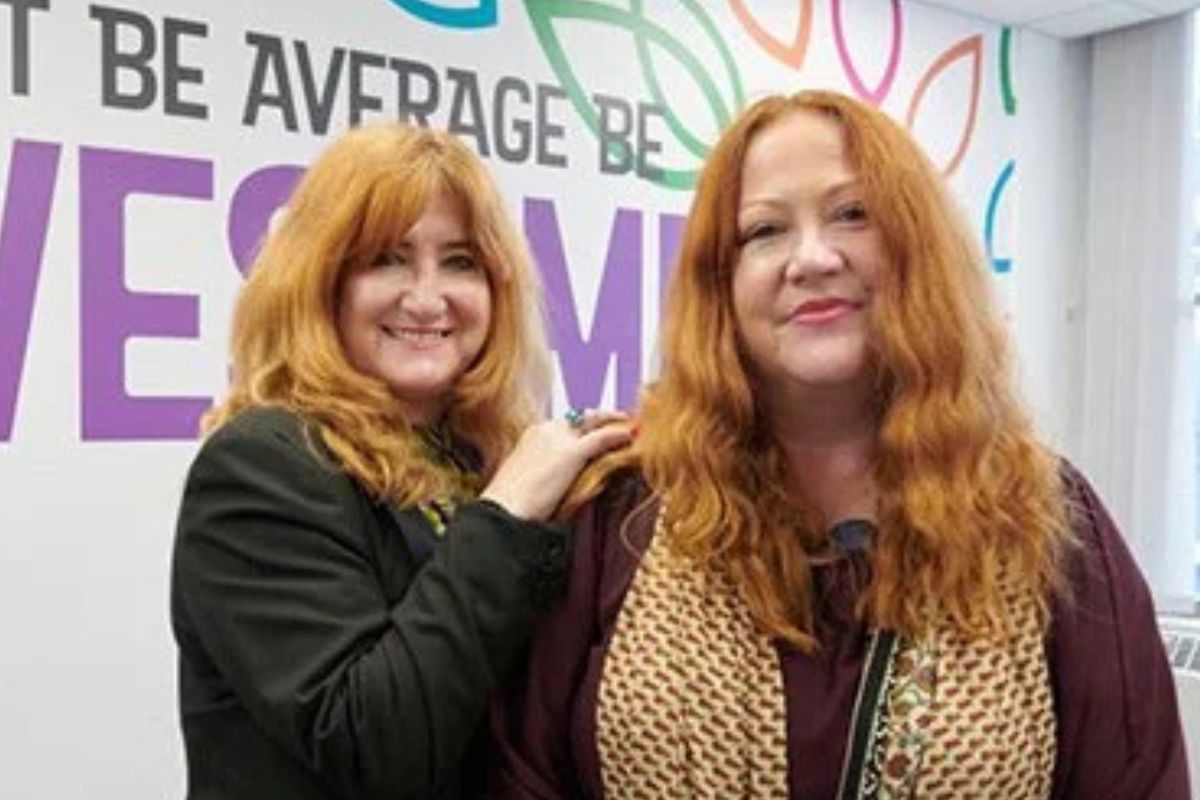30 ‘common set of skills’ to drive Electrification Skills Network platform launch in 2025

More than 30 ‘common set of skills’ will go live when the UK’s first ever single source of truth for the electrification skills sector is launched in the new year.
The £800,000 Electrification Skills Network (ESN), which is funded by UK Research and Innovation (UKRI) and delivered by Coventry University, is putting the finishing touches to the interactive platform that will help define clear progression routes and support the creation of standardised qualifications for the rapidly emerging industry.
It is viewed as a breakthrough in helping fill the anticipated 100,000 jobs that will be created by 2030, with the initial focus being on battery technologies and power electronics, with charging infrastructure set to follow shortly.
Development work on the website has been accelerated following the latest Framework meeting involving more than 20 firms, training providers, accrediting bodies and education specialists.
Initially, the 30 ‘common set of skills’ have been broken down into four key levels, ranging from Introduction and Awareness to Expert.
Each one has clearly defined skills required to fulfil that role and the type of courses or qualifications you will need to pursue a career in them. Importantly, they may also throw open areas of expertise where no provision is currently in place, giving education and training providers the opportunity to shape new training offers.
“This is a real marker in the sand and a great way to start 2025,” explained Martin Buck, Accreditation Lead for the Electrification Skills Network.
“The last forum gained insights around the publication of the first 30 ‘common set of skills’ and for a further 20 that will be released quickly after. It’s all systems go with the development of the interactive platform set to be completed in early January.”
He continued: “However, this is just the start and the message from ESN is that we actively want more engagement with companies, academia, training providers and individuals who are looking to either start their career or people moving into electrification from previous roles.
“If we are going to be successful and create this single source of truth that adds tremendous value to key stakeholders across the electrification community, then we need to keep having the conversations and tapping into each other’s knowledge and expertise.”
The ESN Framework, which is also backed by the Warwick Manufacturing Group (WMG), the UK Battery Industrialisation Centre and Enginuity, will feature multiple listings, placed in relation to roles/operation levels within industry and, where appropriate, grouped by sector or specialism.
Each listing represents one ‘common set of skills’, which has been collated, reviewed and ratified for inclusion by key stakeholders within the electrification community and will reflect current and future skills.
It will also act as an engine for identifying where gaps in provision exist, whilst leading investigative work on additional areas of electrification that is emerging outside of the three core pillars of Power Electronics, Motors and Drives (PEMD), battery and charging infrastructure.
Martin went on to add:” There is a big piece of work to do on capturing the next generation of workers…young pupils who are making tentative decisions around career steps and jobs.
“How do we evangelise some of the roles we are defining and how do we make them enticing for teenagers or even young children? It’s an interesting thread and one that we’re picking up with the Framework Forum on how we make ESN accessible to different audiences.”











Responses